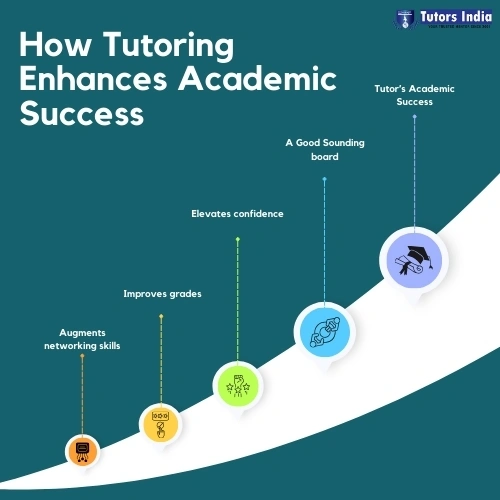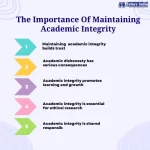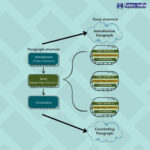How Tutoring Enhances Academic Success: Advantages and Impact on Students
A significant portion of Master students never graduate, and those who do frequently take far longer than the program’s recommended duration. Since most research in higher education has demonstrated that in-person instruction is more effective than virtual instruction, there is a chance that this problem will get worse as more students pursue virtual education.
Due to the switch to online instruction during the most recent epidemic, many students found it difficult to learn effectively. Evidence of poorer student mental health during the Covid epidemic suggests that a lack of interactions when studying online may similarly have an impact on students’ mental health. Even in the absence of the Covid threat, three out of ten Americans say they would prefer to learn only online, thus it’s critical to comprehend how to make online learning better.
- Check out our study guide to know more on how to select a dissertation topic.
Individual differences must be taken into consideration at every level of human learning. As a result, educators ought to create lesson plans that better suit each student’s unique needs.
Peer tutoring, private instruction, group projects, discussions, and mentoring are a few examples of need-based learning activities. Typically, these techniques are used to improve pupils’ learning.1
Efficient tutoring at important interventions in one’s academic life can make learning a fun process and ensure you achieve the final destination. Some of the profound merits of tutoring on university students are depicted in the image below:

Increases Academic Success
According to research from the Developmental Education Associations and the Council of Learning Assistance, students who receive support tend to stay in school longer and have higher grade point averages. The survey also discovered that students are more likely to persevere and achieve in college if they receive academic support.
- To know more about how a dissertation topic is selected, check out our dissertation topic examples.
Improves Cognitive Behaviour
Researchers have found that peer tutoring improves students’ motivation, learning, and socialisation. It has been discovered that peer tutoring helps both tutors and tutees strengthen their creative thinking and problem-solving abilities. Peer tutoring aids in the tutor’s comprehension of the tutees’ mental state and topic understanding because of its interactive nature.
If the tutor and tutees participate in meaningful activities and collaborative work within a planned and structured programme, the results are highly successful.
Peer tutoring also benefits kids since it creates a friendly environment for learning through conversation possibilities. Similar to this, peer tutoring helps introverted individuals become more confident and improve their cognitive abilities because it offers shy students the courage to express themselves in front of the class or other groups of people.
Induces Independent Learning
It has been found that active learning techniques based on real-world situations are more effective than conventional lecture-based techniques. These approaches incorporate the idea of student-centred learning and give the student ownership over their education, which is guided by competencies and educational objectives. According to reports, students enrolled in lecture-based courses had a 1.5 times higher failure rate than students enrolled in case-based learning.
Despite the need for students to become more self-sufficient, tutoring continues to be an essential and crucial role. It is encouraged for students to have a wide range of subject-matter experts as tutors. With the active approaches, the teachers’ duties have shifted from directive to guiding and facilitative. The tutor has the power to either support or hinder the learning process. 3
Conclusion
It is getting harder to identify or approach the tutor’s knowledge as their job has been evolving in active ways. It is necessary to gauge and analyse how the tutor’s experience affects the students’ learning. Although university boards have largely accepted and embraced active techniques, which primarily involve case-based, team-based, and problem-based learning, there are still numerous questions about the necessary knowledge of the instructors.
If you are having trouble treading the stormy waters of Master’s or require additional support for your research or assignment preparation, we got you covered. At Tutors India, we offer expert guidance and personalised support at competitive pricing with our exemplary team of subject matter experts who are doctorates and qualified post-graduates from top universities around the world.
References:
- Hardt, D., Nagler, M., & Rincke, J. (2023). Tutoring in (online) higher education: Experimental evidence. Economics of Education Review, 92, 102350.
- Martha E. Casazza and Sharon L. Silverman, M. (2013). Meaningful Access and Support. Council of Learning Assistance and Developmental Education Associations
- Mlika, M., Zorgati, M. M., & Mezni, F. (2022). The impact of tutor expertise on the students’ scores in active learning methods: a meta-analysis. Journal of Advances in Medical Education & Professionalism, 10(4), 235.

 Previous Post
Previous Post Next Post
Next Post